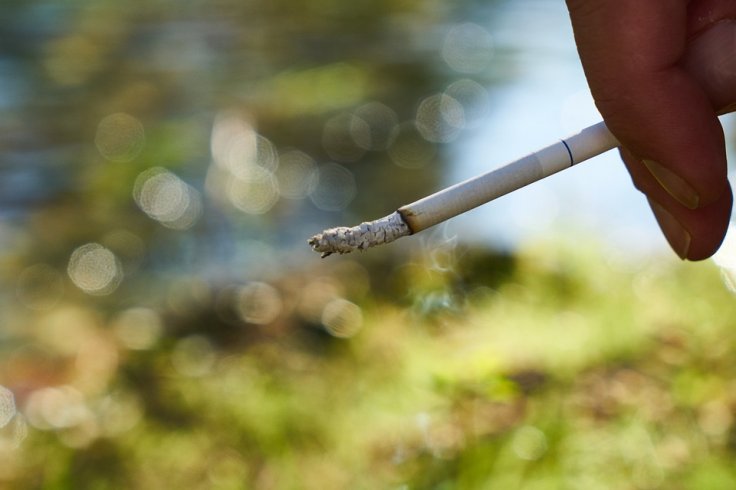Youths in New Zealand have come to a dead-end as the government has imposed a lifetime ban on young people buying cigarettes.
The law, which stands out as it's a unique plan that phases out tobacco smoking, states that tobacco will not be sold to anybody born on or after January 1, 2009.
This means that the minimum age of buying cigarettes will keep going up and somebody trying to buy a pack of cigarettes 50 years from now would need an ID to show that they are at least 63 years old!

Dr Ayesha Verrall, the Associate Health Minister, said the legislation accelerated progress towards a smokefree future. "The number of retailers around the country that can sell tobacco will be reduced to a tenth of the 6,000 there are now. This legislation mandates a maximum of 600 tobacco retailers by the end of next year."
Such Measures Necessary
Verrall explained that such measures were important for equitable health outcomes. She said it would also close the life expectancy gap for Maori women by 25 percent and by 10 percent for Maori men. Moreover, Janet Hoek – a professor at Otago University – believes the legislation would help reduce smoking across all population groups. She said that reducing the number of outlets selling tobacco will improve community well-being and enhance the safety of retailers. Hoek pointed out that removing tobacco from small dairies would help remove an important risk to staff.
The new law, The Smokefree Environments and Regulated Products (Smoked Tobacco) Amendment Bill, reduces the amount of nicotine that is allowed in smoked tobacco products, decreases the number of retailers that sell tobacco, and makes sure that tobacco is not sold at all to anyone born on or after 1 January, 2009.

Robert Beaglehole, Action for Smokefree 2025 chair Emeritus Professor, said the bill is good, but it may have the unintended effect of penalizing existing smokers by cutting the number of cigarette retail outlets to 600. "The mandatory denicotinisation policy, will not come into effect for at least two years, thus will not help achieve the 2025 goal." He believes it may encourage the tobacco industry to promote less harmful products like vaping.









